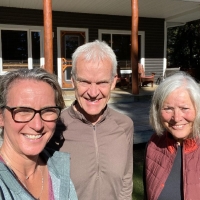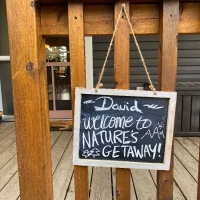What is your Noah Project?
Noah’s project—the building of an ark—was a monumental undertaking with an enduring legacy. Despite skepticism and ridicule, Noah’s project symbolized visionary leadership and the power of perseverance for generations. His story continues to inspire people, a lasting example of how a single project, rooted in faith and determination, can have an impact that endures long after the original work.
A Noah Project is an endeavor that serves a noble cause and has enduring value beyond one’s life.
What is your Noah Project?
Is it building a company or a non-profit that will live beyond you? Is it being committed to making a difference to the team you serve? Is it recording music you produced? Is it starting a podcast or a blog post? Is it cleaning up your neighborhood? Is it a project that will help slow climate change? I have a friend whose Noah Project is to spend enough time with her grandchildren that “my finger print will be embedded in their hearts forever.”
My Noah Project this year is to write my memoir with my daughter. Hayley keeps encouraging me by saying I have a very fascinating life and a great story to tell. I’m about 1/2 done. It’s been a great learning and rewarding experience so far.
hashtag#impact hashtag#leadership hashtag#legacy hashtag#vision





